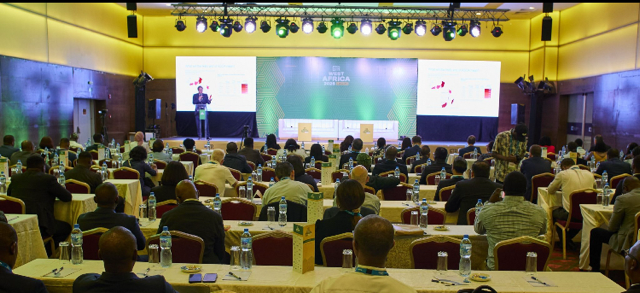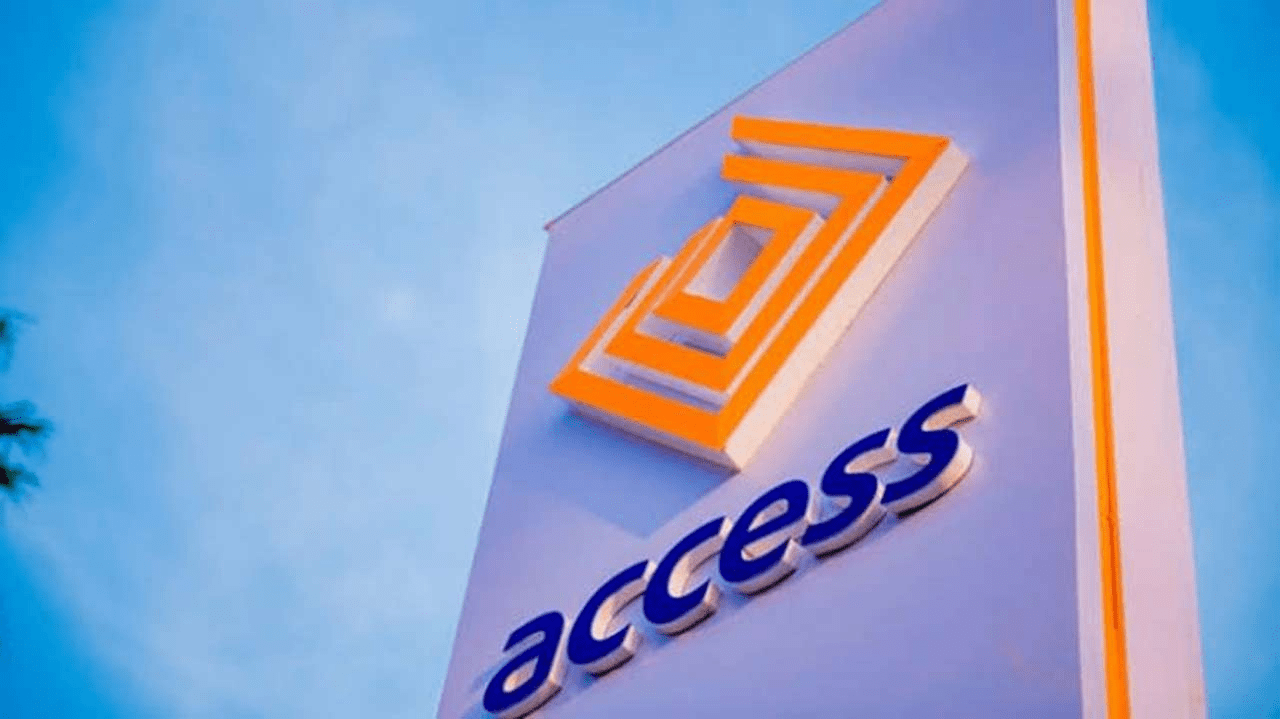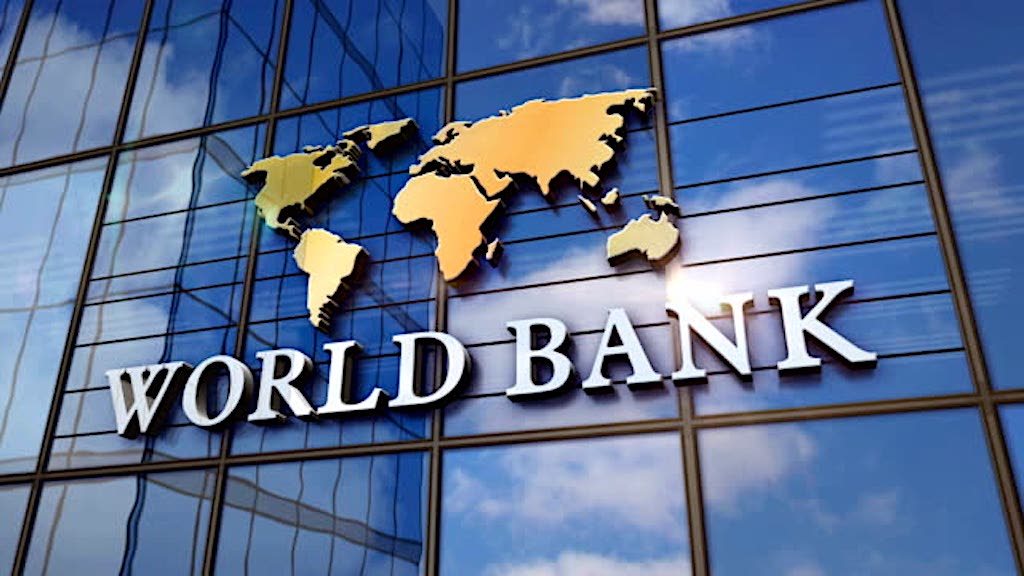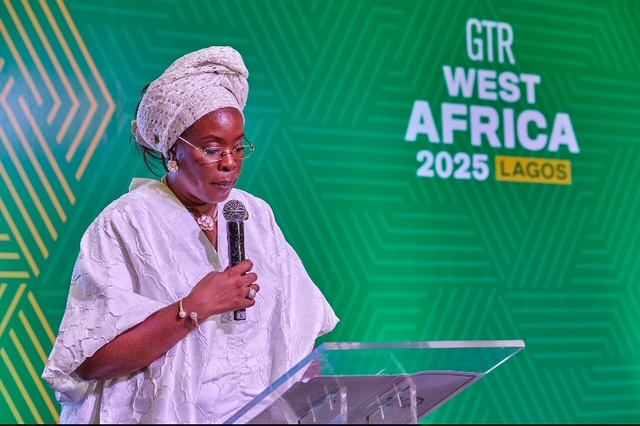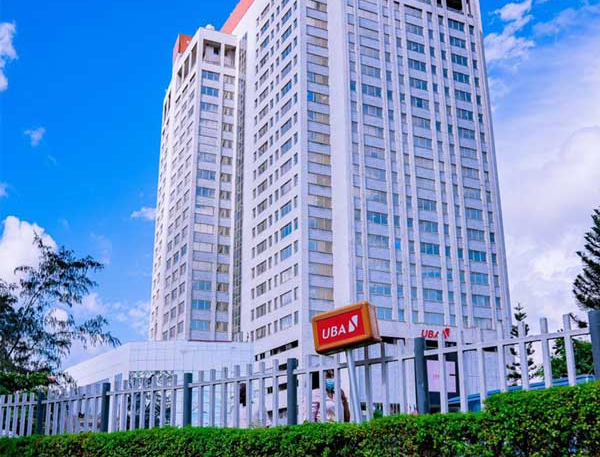Dubious Nigerian art of decamping
Dubious Nigerian art of decamping
VIEW FROM THE GALLERY BY MAHMUD JEGA
Maybe the people of Delta State saw it coming, but there were no hints in the newspapers or in the social media that a political earthquake was about to hit in the state. With the suddenness of a gust of wind and with the fury of typhoon, the Governor of Delta State, his entire cabinet and aides, all the officials of the state’s ruling PDP and all the Local Government Chairmen and councilors defected in one fell swoop to APC, the ruling party at the federal level.
Tagging along was Dr. Ifeanyi Okowa, the former state governor and PDP’s running mate in the 2023 presidential election. Okowa had been very quiet since that election ended. He didn’t say anything publicly about the tug-of-war and the jockeying for positions and alliances as 2027 looms. It turned out last week that he had his plans, and he jumped ship to APC alongside Governor Sheriff Oborevwori.
Delta State seemed an unlikely place for a mass exodus from PDP. Why because, it is one state that no party other than PDP has ever ruled since 1999, the others being Taraba, Enugu, Akwa Ibom, Rivers and Bayelsa. Let me do a slight correction; while no party other than PDP ever won a governorship election in Rivers since 1999, it briefly came under APC rule in 2014-15 when Governor Rotimi Amaechi defected along with nPDP in 2014, only for PDP to win it again in 2015. As for Bayelsa, APC did win a governorship election there in 2019, only for the courts to upturn the victory and hand the seat back to PDP due to a rumpus over the APC deputy governor elect’s name. Nor have there been visible signs that PDP was losing its grip with the Delta electorate. But then, the politicians often know what we don’t.
Last week, many media houses used the phrase “gale of defections” to describe what was happening on the national political scene. In recent months many senators and House of Representatives members have decamped from opposition parties to the ruling APC, and there are indications that some more will follow. The puzzle is, given socio-economic conditions in the country under APC rule in the last ten years and especially compounded since 2023 by the withdrawal of fuel subsidy and free floating of the naira, why are politicians running towards APC, instead of away from it?
Perhaps, just perhaps, Nigerian politicians no longer believe that votes count in elections and that a political party’s popularity has nothing to do with its chances of winning elections. So they have other motives. What motivates National Assembly members to defect? While there are political and other benefits in belonging to the majority party in the Assembly, especially appointment to juicy committee chairmanships, an MP’s principal concern usually is to get re-elected. In that wise, local factors at home are more important.
The first step to re-election is to get renominated by the party. Easily the biggest factor in that is the state governor, if they belong to the same party. An MP could sponsor as many quality bills as he likes, could attract as many federal projects to his constituency as he can, and can do as much “empowerment” [read: bribery] projects in his locality as he can. But he must constantly look over his shoulder lest the governor promises someone else the same seat. Governors are under pressure from other aspirants, be they key loyalists, state assembly members, commissioners, wealthy businessmen or people recently retired from juicy federal positions, to get an MP’s seat in the next election. No wonder that, since 2003, the casualty rate of MPs in every election is something like 80%.
That is for MPs. Governors are usually more secure politically than MPs. Even federal power often finds it difficult to dislodge a governor who is running for re-election, though there have been noticeable such cases in this Republic. The first two governors to be denied re-nomination in 2003, by their own parties, were Anambra’s Chinwoke Mbadinuju and Borno’s Mala Kachallah. Mbadinuju was stopped by an overwhelming President Obasanjo, allegedly at the behest of the Ubah brothers, while Kachallah’s ANPP ticket was snatched by Ali Modu Sheriff, said to be with the help of Acting ANPP National Chairman Governor Attahiru Bafarawa.
Since 1999, no more than a score of governors have lost re-election bids. Apart from Mbadinuju and Kachallah, they include AD governors Lam Adesina of Oyo, Adebayo Adefarati of Ondo, Niyi Adebayo of Ekiti, Bisi Akande of Osun, Segun Osoba of Ogun [all of them orchestrated by President Obasanjo], Rabi’u Kwankwaso of Kano, Abubakar Audu of Kogi, Mahmuda Shinkafi of Zamfara, Aliyu Akwe Doma of Nasarawa, Ikedi Ohakim of Imo, Kayode Fayemi of Ekiti, Mukhtar Ramalan Yero of Kaduna, Capt. Idris Wada of Kogi, Mohamed Abubakar of Bauchi, Mohamed Jibrilla Bindow of Adamawa and Bello Matawalle of Zamfara. I may have missed one or two others. All the other state governors, more than a hundred of them, who stood for re-election all over the country were re-elected, so the governorship casualty rate is far less than MPs’ electoral casualty rate. Not to mention presidential electoral casualty rate, of which there has been only one so far in this Republic.
Media reports last week and into the weekend were that many state governors are preparing to jump ship from opposition parties into APC. Most mentioned are first term PDP governors who will be up for re-election in 2027. Apart from the Delta governor who jumped ship, one indication that other PDP governors are not lukewarm to the idea was the position they took at their recent meeting in Ibadan. They declared that the party will not enter into any merger or alliance ahead of 2027 in order to topple APC’s President Tinubu. The party’s 2023 presidential candidate Atiku Abubakar has been actively pushing for an opposition alliance, which is logical because the combined opposition vote in the 2023 presidential election was nearly twice the APC candidate’s winning tally.
So why should the PDP governors oppose the move? Maybe because they are looking to make a deal with APC, cede to it the presidency on a platter of gold in return for safe delivery of their seats. Or maybe, to ward off threats from federal agencies that could make life difficult for them. Or even, because they too are contemplating an outright move to APC. Why should they want to do so when, as noted above, governors’ electoral survival rate is very high irrespective of party? It is high but it is not guaranteed if you belong to an opposition party. Since the Second Republic, the few memorable cases in Nigeria where governors who belong to ruling parties were knocked off by opposition parties happened in Kwara in 1983, in Kano in 2003, in Nasarawa, Imo and Zamfara in 2011, in Bauchi and Adamawa in 2019, in Osun in 2022 and in Zamfara in 2023. I may have missed one or two.
The unease among PDP governors is understandable. The main opposition party has been unable to get its act together since 2023. It cannot even hold a National Executive Committee [NEC] meeting to elect a new National Chairman and other officials. On many occasions the NEC meeting was scheduled, only to be postponed. The biggest problem is that PDP’s National Working Committee [NWC] is APC in all but name. Its leaders were appointed courtesy of then Rivers Governor and now FCT Minister Nyesom Wike, and they remain loyal to him. So, while Wike serves in a high-profile position in the APC federal cabinet, he controls the PDP national working committee. No politician in Nigeria since the Second Republic has played this game of running with the hare and hunting with the hound quite as adroitly as Wike has done. It made PDP governors jittery; if this situation persists up to 2026, a Wike-controlled NWC can deny them renomination to contest any election. They cannot expel Wike, they cannot change Ilyas Damagum, and they cannot even convene a NEC meeting, so they are keeping their defection options open.
Other non-PDP opposition actors are also rumoured to be on their way to APC. One of them is Labour Party’s lone governor, Alex Otti of Abia. Even though Otti has denied it, LP is in a mess right now. Three people, longtime chairman Julius Abure, his arch rival Lamidi Apapa and Mrs. Nenadi Usman are all claiming to be LP’s national chairman. The puzzle is that LP’s former presidential candidate Peter Obi, whose charisma and ambition overnight transformed LP from a near-briefcase political party into a strong contender for the presidency, has been spending most of his energy in recent times pursuing an elusive opposition alliance while sparing little time for party reorganisation. Even if Otti decamps, LP will be comforted that it did not have a single governor when Obi won twelve states, including FCT, in the 2023 presidential election. It was a political feat equalled only by Muhammadu Buhari, who won 12 states in 2011 even though his CPC had only one state governor.
Probably the biggest defection rumour last week, surpassing the Delta governor’s defection in political melodrama, was that former NNPP presidential candidate and Kwankwasiyya political cult leader Rabi’u Musa Kwankwaso is also contemplating a move to APC. For such a tricky move to happen, the blood feud between Kwankwaso and Abdullahi Umar Ganduje, his former deputy and current APC national chairman has to be resolved. How? With many NNPP stalwarts in Kano recently defecting to APC, Ganduje probably feels APC can snatch the key state back in 2027. Kwankwaso’s likely asking price for defecting to APC will be to guarantee Governor Abba Kabir Yusuf’s return in 2027. Ganduje is unlikely to agree to this, since Kano APC has several powerful aspirants of its own waiting for 2027. They would also have to resolve the dual emirship of Kano. Ganduje’s wishes may however differ from President Tinubu’s, who might be angling for an electoral win in Kano to offset likely losses in other places.
Decamping is a messy business in Nigeria. No one here changes parties for ideological or policy reasons but in order to improve his or her chances of grabbing a plum job. Existing party members will however put up stiff resistance, as former Deputy Senate President Ovie Omo-Agege is already doing in Delta State. A party may be gloating that decampees are flocking in. During its primaries next year, it should prepare to reap the whirlwind in the hot contests between decampees and native party members.

